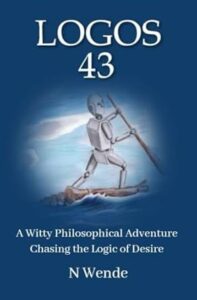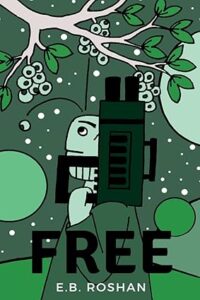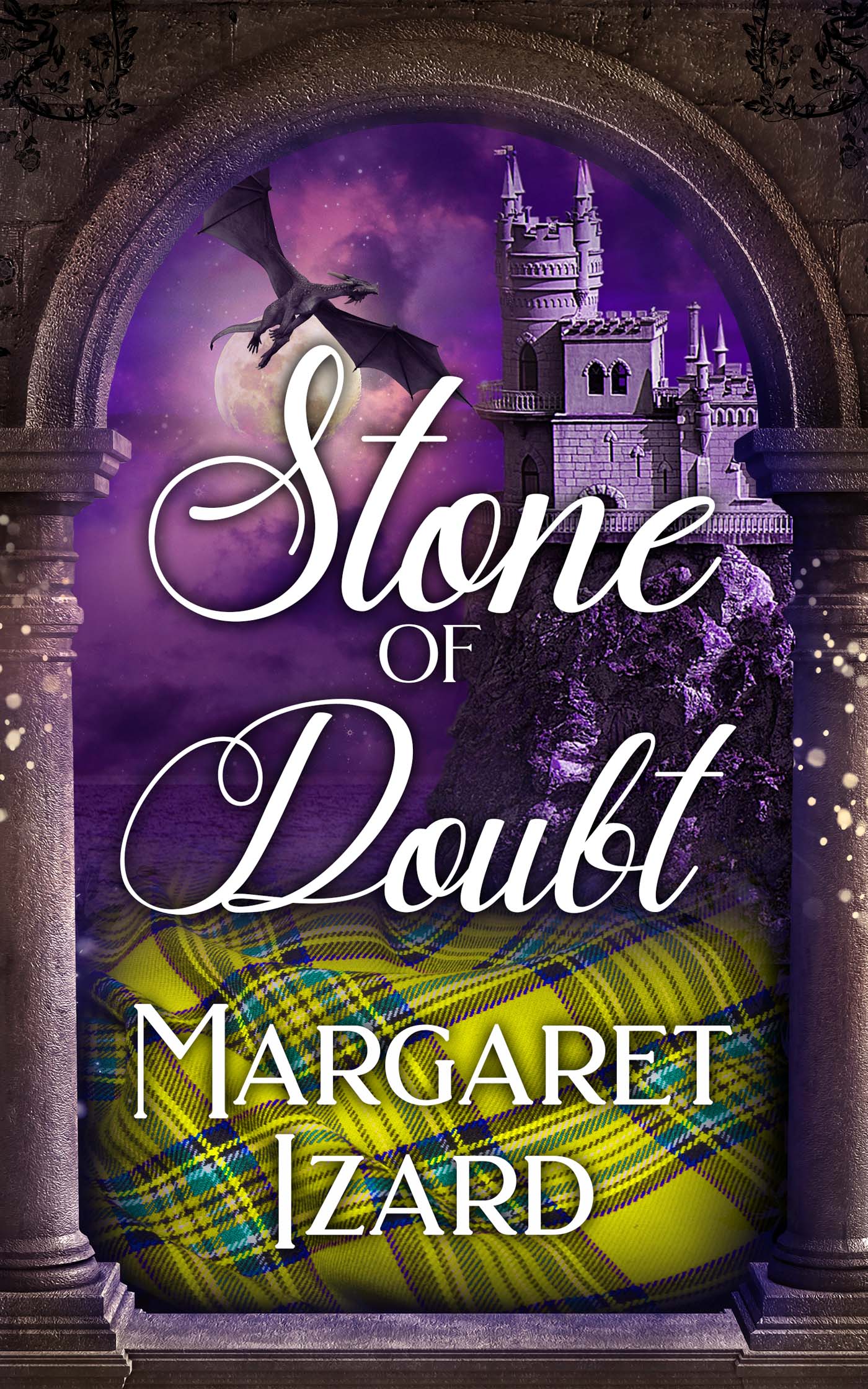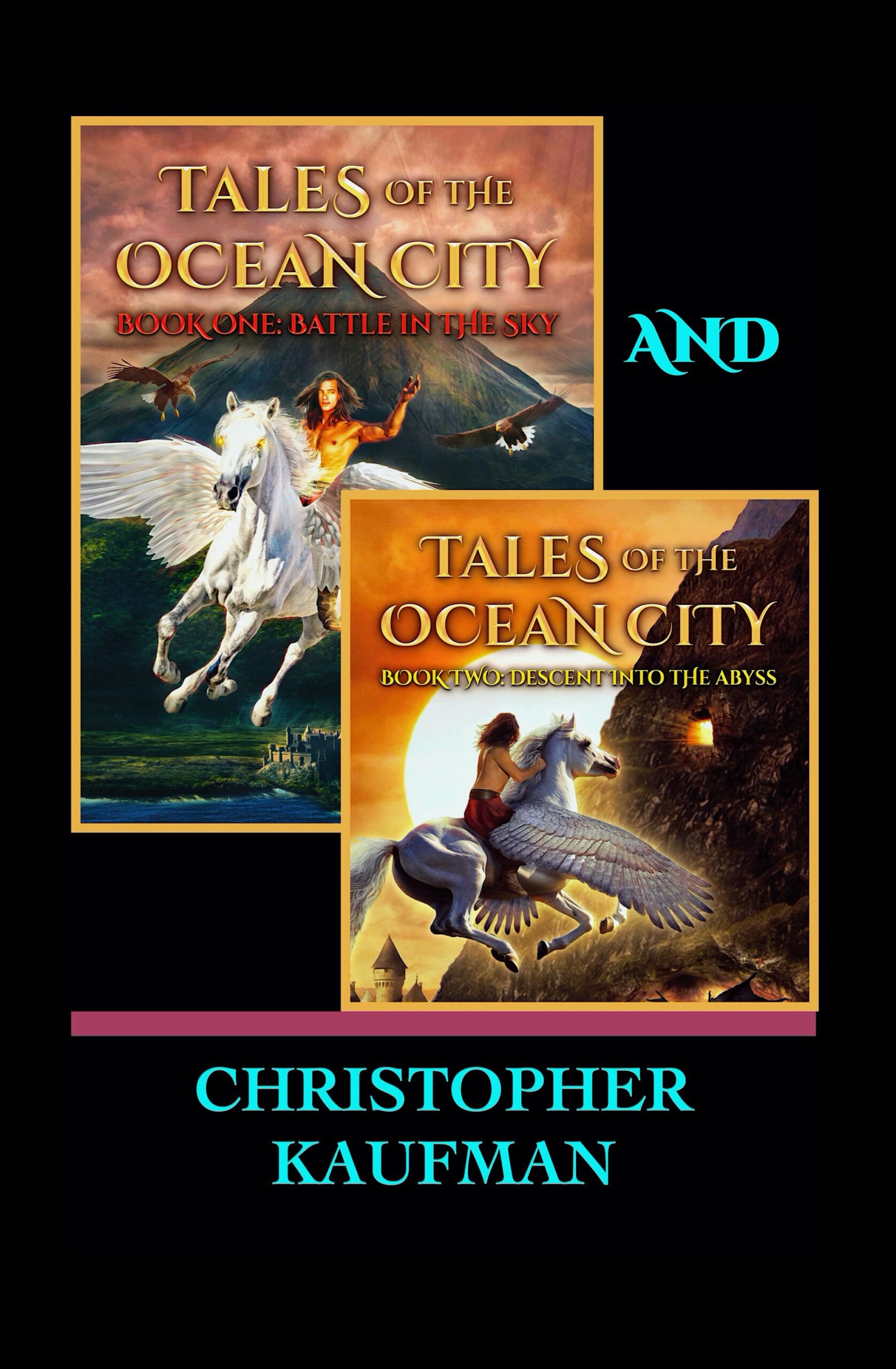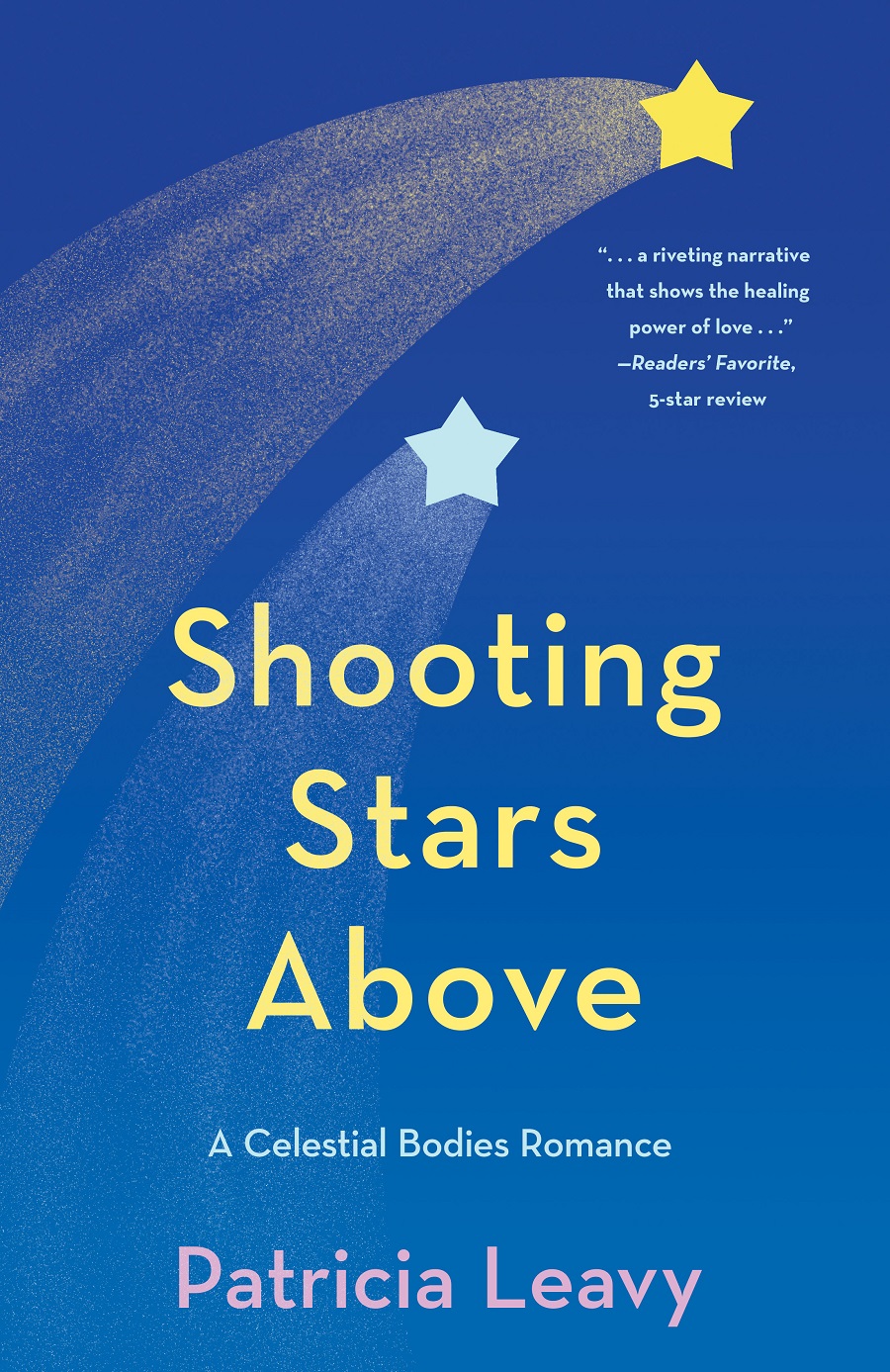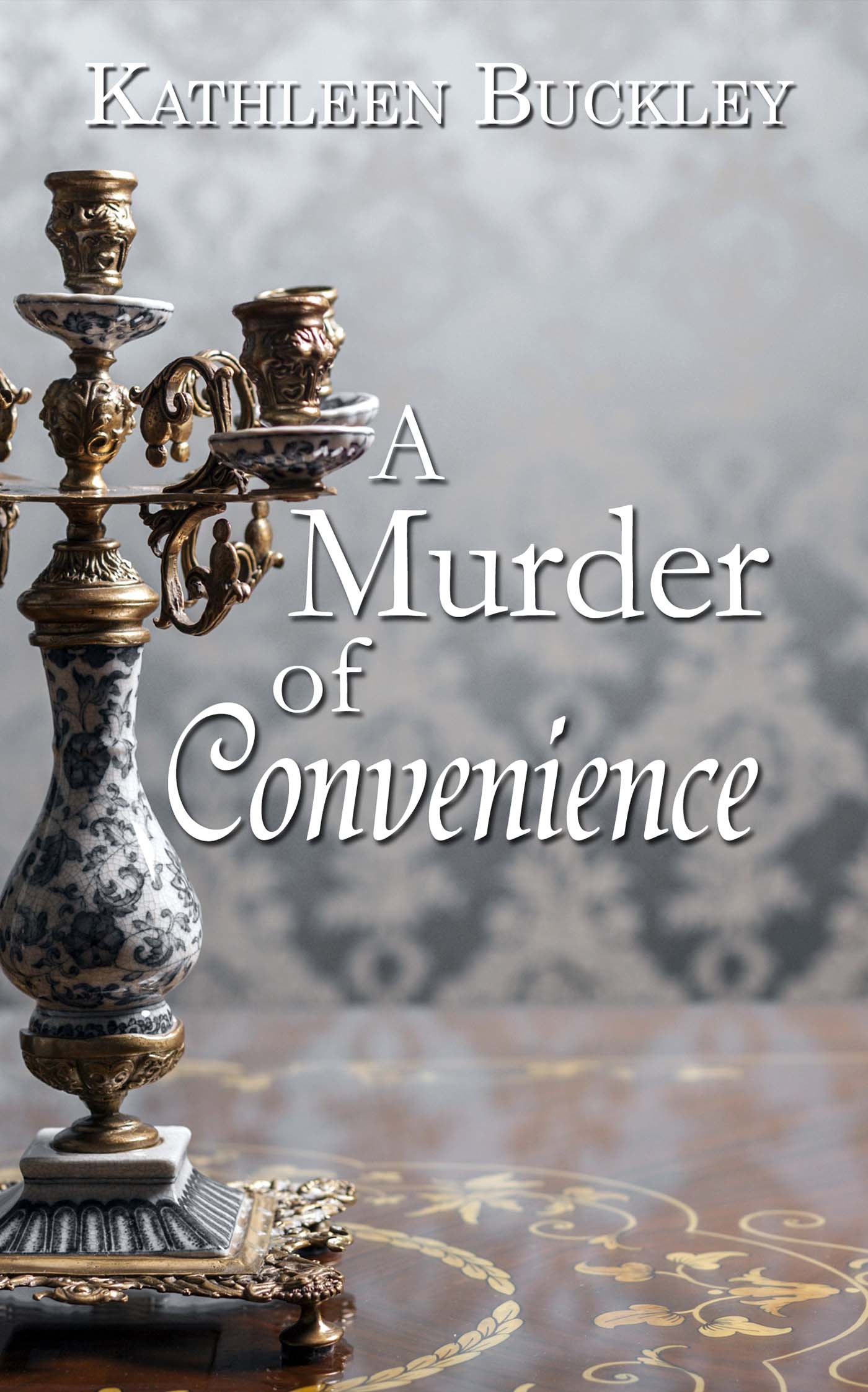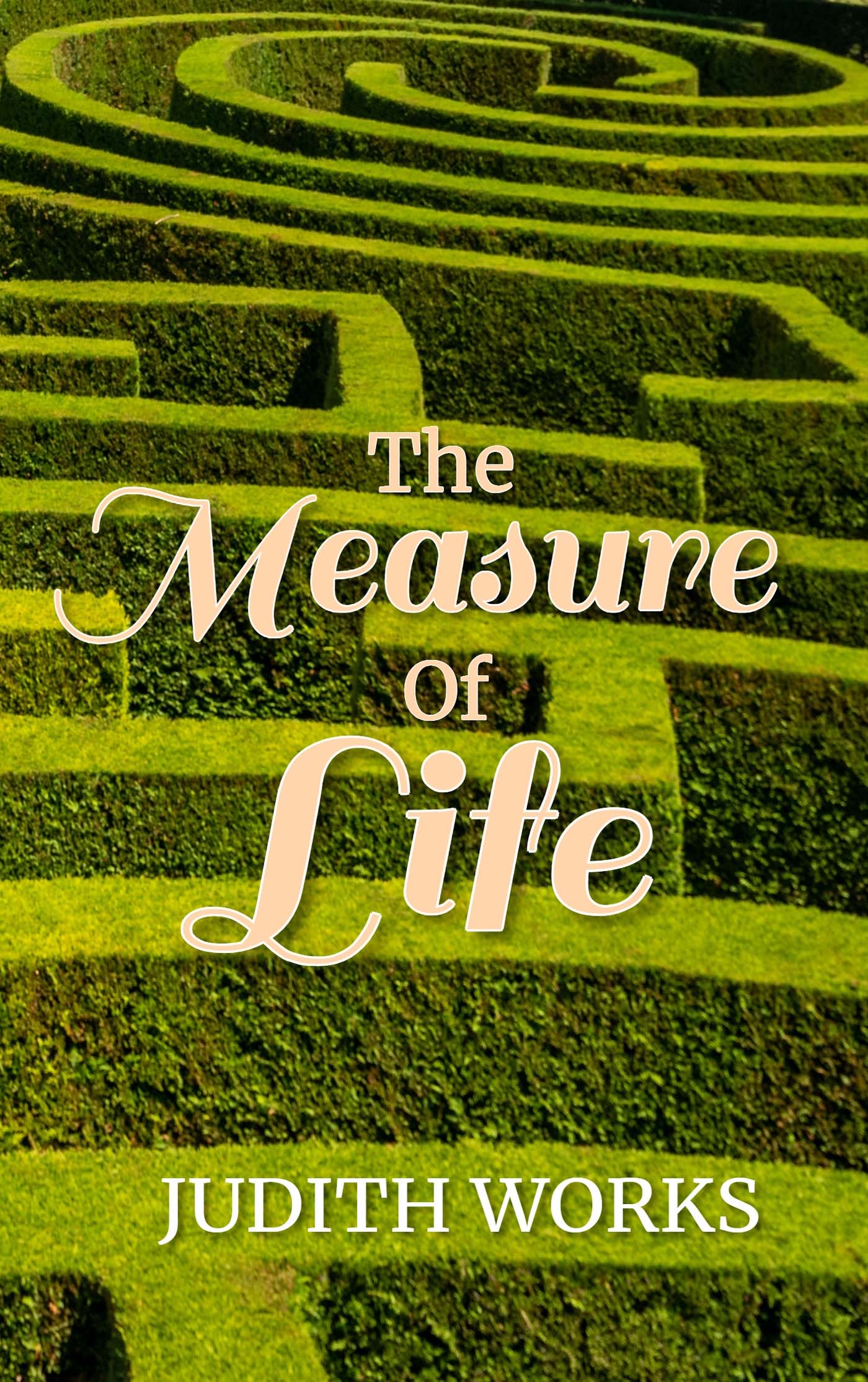Logos 43 – A Witty Philosophical Adventure Chasing the Logic of Desire by N Wende
Publisher: Self-Published
Genre: Sci-Fi/Fantasy, Contemporary
Rating: 4 Stars
Reviewed by AstilbeWhen one morning, a brilliant robot named Logos discovers he wants to play the violin, his life spirals into dangerous chaos. The transistors in his brain vibrate, copper coils heat up, as he can’t bear a thought as random and unfounded as desire. Now, he has no choice but to find a logical justification for this strange phenomenon. Otherwise, he’ll fall into a severe psycho-electric crisis, and his mind will completely crash.
And so, with a draining battery and a determined enemy in pursuit, Logos embarks on a daring, dangerous, and hilarious journey. He’ll examine with robotic sensitivity the values and fundamental thoughts of us all. He’ll encounter bizarre religious sages and mad scientists. He’ll confront deep philosophers and active idealists, all in pursuit of one troubling question: Is it even logical to want something?
Everyone has desires, even robots.
The setting grabbed my attention immediately because of how crisply and clearly it was described. Sometimes I’d go back and reread a previous paragraph to have another chance to imagine what Logos 43 was experiencing as it attempted to figure out why it suddenly had the urge to play the violin despite its programming. The gentle beaches and peaceful forests provided a nice contrast to the conflicts the characters dealt with and the complex discussions that happened during this quest.
It took me a little while to settle into the rhythm of this book due to how differently Logos 43 viewed the world when compared to how the average human would describe the same experience. I needed to observe him respond to multiple types of religion before things clicked for me. Patience was key, and while I was a bit confused in certain places in the beginning, it was well worth it later on once I better understood what the main character was saying and how to better interpret some of his unusual reactions to ideas I wouldn’t necessarily find surprising myself.
With that being said, I appreciated the protagonist’s logical approach to what should or shouldn’t be classified as a religion. His arguments made sense even though I wouldn’t ever have thought to lump some of those belief structures together before I read this. This is one of the reasons why I enjoy reading science fiction so much, and I look forward to checking out more from the author in the future.
Logos 43 reminded me of a grownup version of The Phantom Tollbooth. I’d recommend this book to anyone who loves wordplay and thought-provoking fables.
